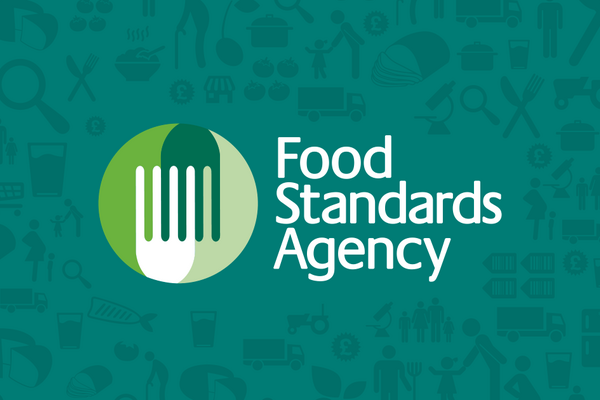The Cannabis Trades Association (CTA) raises concerns over the Food Standards Agency's (FSA) enforcement of THC limits in CBD products, emphasizing the need for fair regulations and accurate testing methodologies.
In a recent development, the Cannabis Trades Association (CTA) has taken a stand against the Food Standards Agency's (FSA) approach to regulating CBD products in the UK. The association, representing over 70% of CBD producers and consumer product manufacturers, has expressed concerns regarding the FSA's enforcement of THC limits and its impact on the legitimate CBD industry.
Under the guidance on analytical limits for controlled cannabinoids, the FSA introduced the "1mg of THC per closed container" guideline. However, the CTA has highlighted several critical issues with this approach, asserting that it fails to account for the complexities of CBD products and testing accuracy.
One of the primary concerns raised by the CTA is the distinction between CBD and THC. The association emphasizes that CBD is not a controlled drug, whereas cannabinol (a component of the THC molecule) falls under controlled substances. This distinction is crucial in ensuring fair and appropriate regulations for CBD products.
The CTA further argues that the "1mg of THC per closed container" guideline lacks accuracy when it comes to testing. The guideline fails to consider the size of the container, allowing suppliers to manipulate compliance simply by increasing container size. To address this issue, the CTA proposes that THC values in products should be expressed as a percentage, providing a consistent and reliable standard for testing across all products.
Moreover, the CTA questions the FSA's authority to enforce a legal limit for THC in CBD products. The FSA's primary role is to ensure consumer safety of foodstuffs, rather than imposing drug limits, particularly when the THC limit is still under review and falls outside the FSA's jurisdiction. The association also highlights the absence of a uniform testing methodology for THC among FSA-accredited laboratories, casting doubt on the reliability and consistency of testing procedures.
These regulatory challenges have sparked concerns among industry professionals, who fear the potential negative impact on the CBD industry in the UK. The CTA argues that the FSA's actions, including the removal of certain CBD products from the Novel Foods Public List without following standard processes, overstep the scope of the FSA's powers.
In light of these issues, the CTA calls for a sensible approach by the UK government and relevant authorities. They suggest adopting the Swiss approach, which sets THC limits based on scientifically-backed safety parameters and allows for responsible consumption of CBD food products containing traces of THC.
The CTA's proactive stance reflects its commitment to ensuring consumer safety, supporting the legitimate CBD industry, and advocating for fair regulations that foster innovation and growth. As our members, and the hemp and cannabis industry continues to evolve, the CTA remains dedicated to working on behalf of its members and engaging in constructive dialogue with regulatory bodies to find viable solutions.







